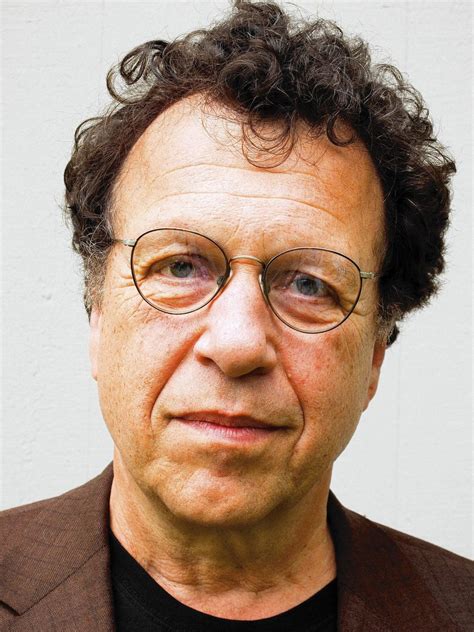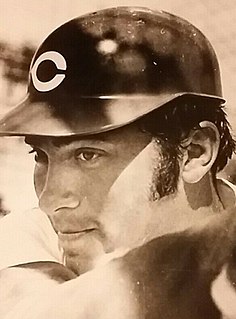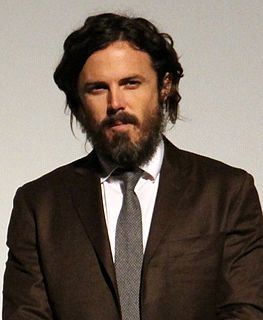A Quote by Rebecca Hall
I've worked on so many films where the script is one thing and then, somewhere down the line - on set, sometimes - it changes, and there's zero I can do about it.
Related Quotes
When you try to be true to the script, changes occur. A script is there to show us a certain direction. But when you actually have the actors in and you start shooting the movie, you have the actor say a line and it doesn't sound right so you change it and make it different. It's the script that gives birth to these changes and the more you try to stay true to the script, the more that happens.
Hazel had read enough books to know that a line like this one is the line down which your life breaks in two. And you have to think very carefully about whether you want to cross it, because once you do it’s very hard to get back to the world you left behind. And sometimes you break a barrier that no one knew existed, and then everything you knew before crossing the line is gone. But sometimes you have a friend to rescue. And so you take a deep breath and then step over the line and into the darkness ahead.
I do not make films which are prescriptive, and I do not make films that are conclusive. You do not walk out of my films with a clear feeling about what is right and wrong. They're ambivalent. You walk away with work to do. My films are a sort of investigation. They ask questions . . .. Sometimes I hear that some [Hollywood] studio is interested in me. Then they discover that this is the guy who works with no script, that there is no casting discussion, no interference, that I have the final cut, and that does it.
All directors make films in individual ways. But the classical kind of view of filmmaking is that you have a script, and it's very linear. There's a script, then you're going to shoot the script ,and then you cut that, and then that's the end of the film. And that's never really been how I've seen it.
As a writer, you're always trying to say the best thing. You're always thinking about what's the best thing to say, and what's the hardest way to say it, and what's the best line? Sometimes the best line is the simplest line. Sometimes the best line is the line that evokes more feeling than actual wordsmithing.
There are so many varieties of films. You've got the jet-lagged films, where you fly to Bulgaria or wherever and get off the plane, and they bring you right to the set, and you start working, even though I don't even know my name, it's been such a long flight. Then there's the alimony films. But after you've been doing this long enough, you've gotten into every kind of situation you can imagine, even to the point where there is basically no script, so you have to kind of do it scene by scene and survive.
Success has many ways of coming to you. Sometimes it comes right away, and then the film's instantly forgotten. Sometimes you can't remember what won the Academy Award for best picture, and then you can remember the one that didn't. And then sometimes in the afterlife, films that were not successful at all become these giant successes.
I don't think you can set up a computer to do a strike zone on a guy who's 6-foot-5 and then a guy who's 5-8. Where does it draw the line? One guy stands tall, and another squats down, and it changes the lines. Nah. I still love the umpires; they do a great job. I don't have a problem with any of that.
But grief still has to be worked through. It is like walking through water. Sometimes there are little waves lapping about my feet. Sometimes there is an enormous breaker that knocks me down. Sometimes there is a sudden and fierce squall. But I know that many waters cannot quench love, neither can the floods drown it.
When you're the guy behind the camera, you're aware of the reasons for the compromises or the changes that get made. As an actor, you go and do your thing, and someone else down the line then does all the math and goes, "We can't include that thing where he's pretending to be dumb and needling those people, because it takes a minute and a half, and it ruins the next scene. It doesn't make sense." If you're directing, you're the one doing that.




































